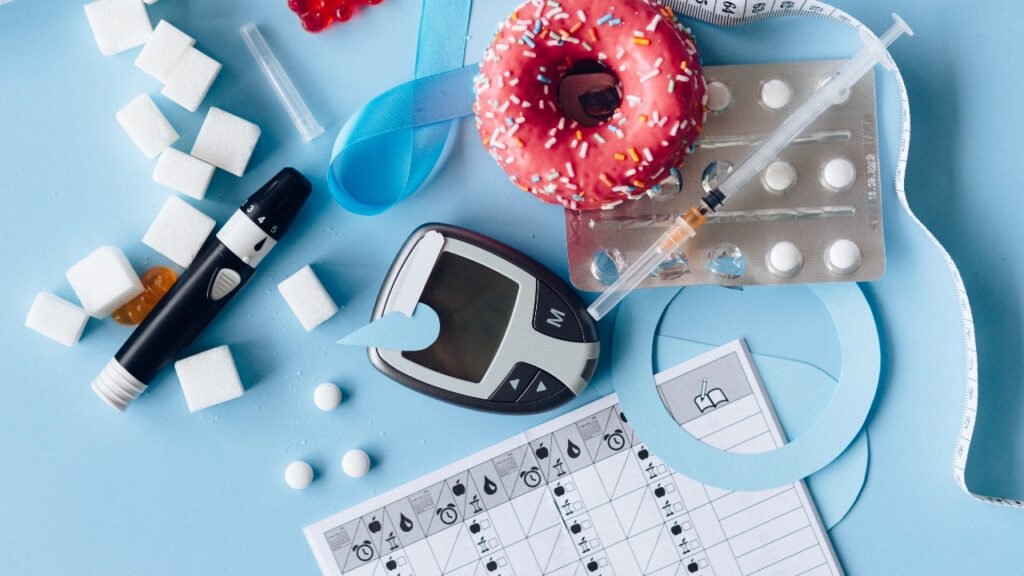Have You Ever Considered That the Most Effective Treatment Is Prevention?
In the intricate tapestry of healthcare, preventative measures stand as the bulwark against the onset of disease and the key to unlocking a future of wellness and longevity. I’m Dr. Coucou, and today, we’re navigating the vital landscape of preventative health care, emphasizing the screenings and check-ups that serve as our most powerful allies in the quest for sustained health. From the early detection of potential health issues to the prevention of disease progression, let’s explore the preventative health care steps that are essential for different demographics, empowering ourselves with knowledge and action.

The Cornerstone of Preventative Health Care
Preventative health care encompasses a range of practices designed to avert disease and maintain health. It’s about more than just avoiding illness; it’s a proactive approach to managing your well-being, ensuring that potential health issues are identified and addressed before they evolve into more significant concerns.
The Importance of Regular Screenings and Check-ups
Regular screenings and medical check-ups are the linchpins of preventative health care, offering a snapshot of your current health and an early warning system for potential problems. These measures can lead to early detection of diseases like cancer, diabetes, and heart disease, significantly improving treatment outcomes and quality of life.
Essential Screenings and Check-ups by Demographic
While certain screenings are universally recommended, others may vary based on age, gender, and risk factors. Here’s a guide to the critical screenings and check-ups across different demographics.
For All Adults
- Blood Pressure Screening: High blood pressure is a silent risk factor for heart disease and stroke. Regular monitoring, typically annually, should start in adulthood.
- Cholesterol Check: Starting at age 20, regular checks every 4-6 years can help assess heart disease risk.
- Diabetes Screening: Recommended every three years starting at age 45, or earlier for those with risk factors.
For Women
- Breast Cancer Screening: Women should begin mammography screenings every two years starting at age 50, though some may start earlier based on risk factors.
- Cervical Cancer Screening: Pap tests should start at age 21, with a frequency determined by age and health history.
- Osteoporosis Screening: Bone density scans are recommended for women at age 65 and older, or younger women at increased risk.
For Men
- Prostate Cancer Screening: Men should discuss prostate cancer screening with their healthcare provider starting at age 50, or earlier for those at higher risk.
- Testicular Cancer Screening: Regular self-exams and awareness of changes can be critical for early detection.
For Seniors
- Colorectal Cancer Screening: Starting at age 50 and continuing until age 75, various screening options are available, including colonoscopy and stool tests.
- Vision and Hearing Tests: Regular screenings can help detect age-related changes in vision and hearing, essential for maintaining quality of life.
Additional Considerations
- Immunizations: Staying up-to-date with vaccinations, including the flu vaccine, shingles vaccine, and pneumococcal vaccine, is crucial for preventing infections.
- Mental Health Screening: Regular evaluations can help identify issues like depression and anxiety early, facilitating timely intervention.

Making Preventative Care a Priority
Embracing preventative health care requires a partnership between you and your healthcare provider, tailored to your unique health profile and needs. It’s about making informed decisions and taking proactive steps to prioritize and protect your health.
In Conclusion
The journey of preventative health care is a testament to the power of proactive measures in shaping our health destiny. By adhering to recommended screenings and check-ups, we arm ourselves with the tools necessary to detect potential health issues early, manage risk factors, and navigate towards a future marked by vitality and longevity.
Let’s commit to making preventative health care a cornerstone of our approach to wellness, embracing the screenings and check-ups that light the path to sustained health. Here’s to a proactive stance on health, where prevention is not just a strategy, but a way of life.
